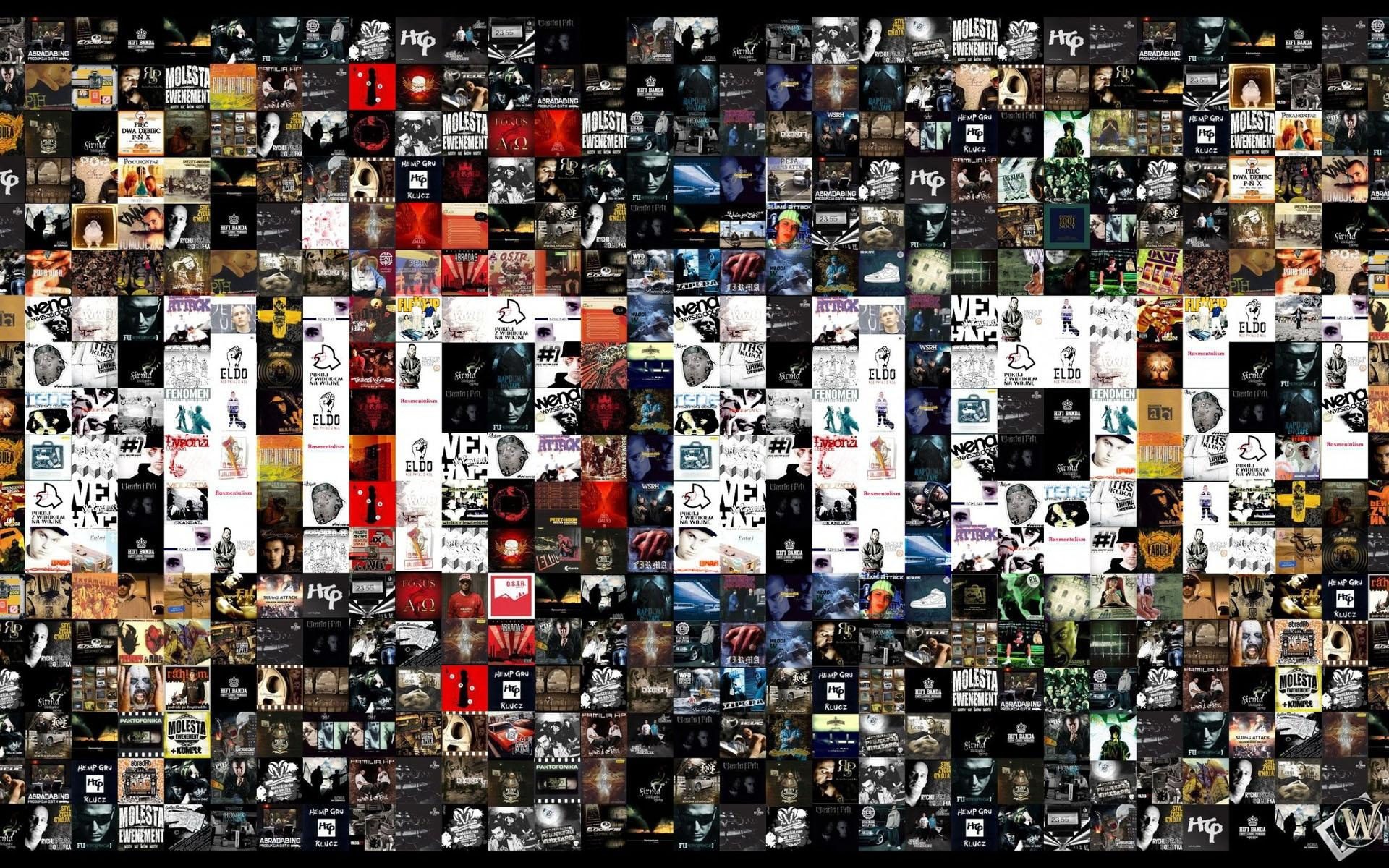Hip Hop History

The history of rap music or hip hop music begins in the early ’70s. Most music buffs know hip hop music history has a rich past with its roots in several related music styles. If you look at history rap music, it clearly shows its origins and influences in the popular African American and Latino street culture of New York City and surrounding areas.
In the ’70s, hip hop music history began with the highly original and innovative approach New York DJs started using to highlight the amazing percussion riffs and other rhythmic drum breaks in popular funk and disco music played in clubs. At this point in history rap music and the growing club scene started recognizing the power and importance of big name DJs in their ability to draw big crowds. The rise of the DJ clearly parallels the rise of rap music in both the past and present history of rap music.
The history of rap music, as hip hop music history students know all too well, also saw the birth of a new expanded function for the MC. One of the jobs of the MC (or emcee) was to introduce the DJ and the performing rap artists to the audience. Keeping the guests happy and excited also fell upon the shoulders of the MC. Clearly, talented MCs with cool, charismatic stage presence became instrumental to the growing popularity of hip hop music and rap artists. The better MCs entertained the audience before, during and after the performers came on stage.
Without a doubt, the history of rap music or hip hop music can be seen in these humble beginnings of the DJ and MC – along with the rise of rap artists, breakdancers and taggers (graffiti artists) – all part of the New York City scene in the early ’70s.
Interestingly, it wasn’t until the late 1970s before the history of rap music showed its extraordinary and expanding commercial power and started its meteoric rise as a popular music style in America and soon throughout the world. By the ’90s, a sub-genre known as gangsta rap took America by storm. Its controversial lyrics, with its focus on street violence, sex and drugs, all increased its allure to America’s youth and quickly crossed over into all socio-economic groups. Despite its controversial aspects, or possibly because of it, rap music (as hip hop music history will show) continued its run away rise into the new millenium. In fact, today hip hop music is one of the fastest growing and most popular forms of music in America or the world.
The history of rap music would not be complete without a look at the performers who make it all possible – the rap artists. Most rap music typically includes one or more rappers who often rap about their own personal life stories, important events in their lives, or social problems they wish to make a public statement about. Rap songs can also represent romanticized or fictional themes. The sky is the limit. Musically, rap songs usually have a strong rhythmic aspect with the spoken lyrics emulating the intense rhythm of the beat. Rap songs are known to make use of many poetic techniques including simple word rhymes and alliteration.
The history of rap music also shows that the instrumental track or beat performed by the DJ often includes the rhythms and beat “samplings” from popular and/or well-known funk, rock, or soul songs. These sampled sounds and rhythms are synthesized, integrated, and reinvented with original twists by the performers.
Two other highly popular aspects of rap music that saw their rapid growth into the American mainstream are breakdancing and tagging (graffiti). Breakdancers and taggers are now stars in their own right with loyal followers and fans throughout the world. Annual breakdancing competitions are now very popular even in countries throughout Europe and Asia. The history of rap music can be considered relatively new, yet it is clearly a powerful influence in today’s music world. Indeed, the musical influence of New York City African American and Latino culture is now as pervasive worldwide as fast food hamburger chains.
This article can be found at http://just-mygoal.blogspot.com/2011/04/history-of-hip-hop-music-rap-music.html Post by Rio Rinaldi
